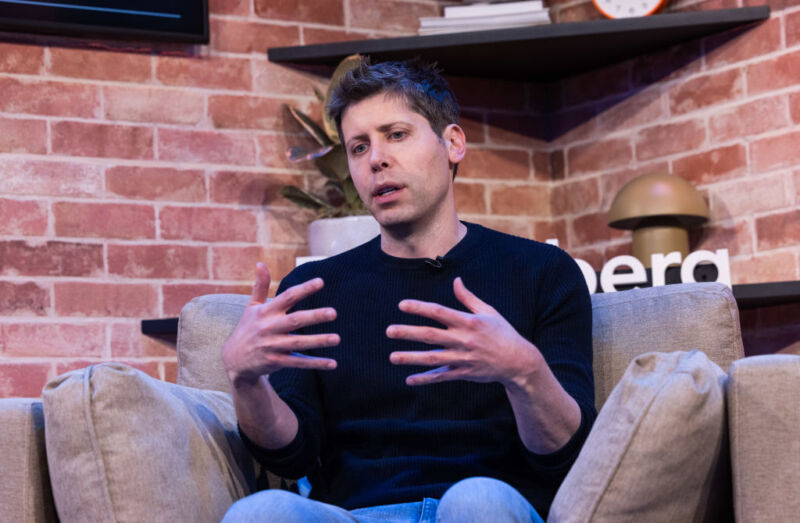
OpenAI is facing increasing pressure to prove it’s not hiding AI risks after whistleblowers alleged to the US Securities and Exchange Commission (SEC) that the AI company’s non-disclosure agreements had illegally silenced employees from disclosing major safety concerns to lawmakers.
In a letter to OpenAI yesterday, Senator Chuck Grassley (R-Iowa) demanded evidence that OpenAI is no longer requiring agreements that could be “stifling” its “employees from making protected disclosures to government regulators.”
Specifically, Grassley asked OpenAI to produce current employment, severance, non-disparagement, and non-disclosure agreements to reassure Congress that contracts don’t discourage disclosures. That’s critical, Grassley said, so that it will be possible to rely on whistleblowers exposing emerging threats to help shape effective AI policies safeguarding against existential AI risks as technologies advance.
Grassley has apparently twice requested these records without a response from OpenAI, his letter said. And so far, OpenAI has not responded to the most recent request to send documents, Grassley’s spokesperson, Clare Slattery, told The Washington Post.
“It’s not enough to simply claim you’ve made ‘updates,’” Grassley said in a statement provided to Ars. “The proof is in the pudding. Altman needs to provide records and responses to my oversight requests so Congress can accurately assess whether OpenAI is adequately protecting its employees and users.”
In addition to requesting OpenAI’s recently updated employee agreements, Grassley pushed OpenAI to be more transparent about the total number of requests it has received from employees seeking to make federal disclosures since 2023. The senator wants to know what information employees wanted to disclose to officials and whether OpenAI actually approved their requests.
Along the same lines, Grassley asked OpenAI to confirm how many investigations the SEC has opened into OpenAI since 2023.
Together, these documents would shed light on whether OpenAI employees are potentially still being silenced from making federal disclosures, what kinds of disclosures OpenAI denies, and how closely the SEC is monitoring OpenAI’s seeming efforts to hide safety risks.
“It is crucial OpenAI ensure its employees can provide protected disclosures without illegal restrictions,” Grassley wrote in his letter.
He has requested a response from OpenAI by August 15 so that “Congress may conduct objective and independent oversight on OpenAI’s safety protocols and NDAs.”
OpenAI did not immediately respond to Ars’ request for comment.
On X, Altman wrote that OpenAI has taken steps to increase transparency, including “working with the US AI Safety Institute on an agreement where we would provide early access to our next foundation model so that we can work together to push forward the science of AI evaluations.” He also confirmed that OpenAI wants “current and former employees to be able to raise concerns and feel comfortable doing so.”
“This is crucial for any company, but for us especially and an important part of our safety plan,” Altman wrote. “In May, we voided non-disparagement terms for current and former employees and provisions that gave OpenAI the right (although it was never used) to cancel vested equity. We’ve worked hard to make it right.”
In July, whistleblowers told the SEC that OpenAI should be required to produce not just current employee contracts, but all contracts that contained a non-disclosure agreement to ensure that OpenAI hasn’t been obscuring a history or current practice of obscuring AI safety risks. They want all current and former employees to be notified of any contract that included an illegal NDA and for OpenAI to be fined for every illegal contract.
